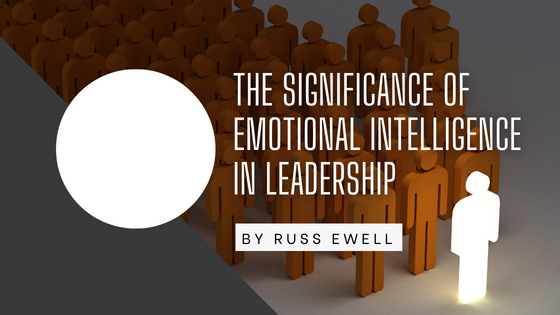Effective leadership goes beyond technical expertise and managerial skills. In today’s rapidly changing world, emotional intelligence has emerged as a crucial trait for successful leaders. Emotional intelligence refers specifically to the ability to recognize, understand, and manage emotions, both in oneself and in others. It is beneficial to explore the significance of emotional intelligence in leadership and highlight how it can positively impact individuals, teams, and organizations.
Enhanced Communication and Relationship Building: Emotional intelligence plays a pivotal role in improving communication and relationship-building skills, which are vital for effective leadership. Leaders with high emotional intelligence are able to empathize with their team members, understand their concerns, and respond appropriately. By being aware of their own emotions and how they impact others, emotionally intelligent leaders can cultivate an open and supportive environment. This fosters trust, encourages collaboration, and promotes better relationships among team members. Moreover, leaders who can navigate through conflicts with emotional intelligence can resolve issues constructively, resulting in stronger bonds and increased productivity within the team.
Better Decision-Making: Leaders are regularly faced with complex decisions that can have significant consequences. Emotional intelligence helps to provide leaders with the ability to make better decisions by considering not only rational factors but also the emotional impact on individuals and teams. Emotionally intelligent leaders take the time to understand different perspectives, analyze the emotions involved, and assess the potential outcomes before making a decision. This thoughtful approach leads to more well-rounded and inclusive decisions, minimizing the negative impact on employee morale and motivation. By incorporating emotional intelligence into their decision-making process, leaders are able to create an environment where everyone feels heard and valued.
Increased Employee Engagement and Productivity: Leaders who possess emotional intelligence are better equipped to understand and meet the needs of their employees. By actively listening, providing feedback, and showing genuine empathy, emotionally intelligent leaders create a positive work environment that promotes employee engagement. When employees feel understood, appreciated, and supported, they are more likely to be motivated, committed, and productive. Emotional intelligence enables leaders to recognize and address the emotions and concerns of their team members, thus boosting morale and fostering a sense of loyalty. This, in turn, leads to improved performance, higher job satisfaction, and lower turnover rates within the organization.
In today’s dynamic business landscape, emotional intelligence has become a critical component of effective leadership. Leaders who possess emotional intelligence skills can cultivate strong relationships, make better decisions, and enhance employee engagement and productivity. By understanding and managing emotions, leaders can create a positive work environment that encourages collaboration, innovation, and growth. Aspiring leaders should recognize the significance of emotional intelligence and actively work on developing this skill set to become more impactful and influential in their roles.
